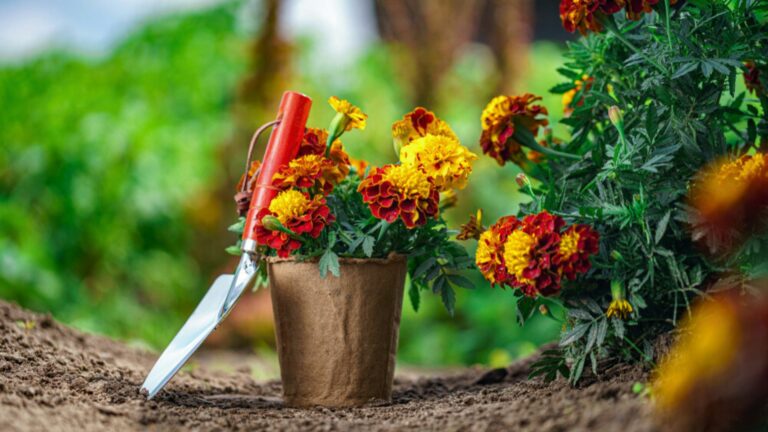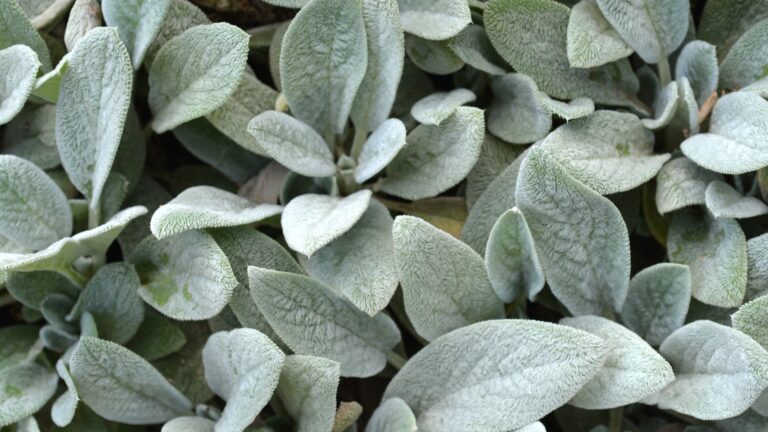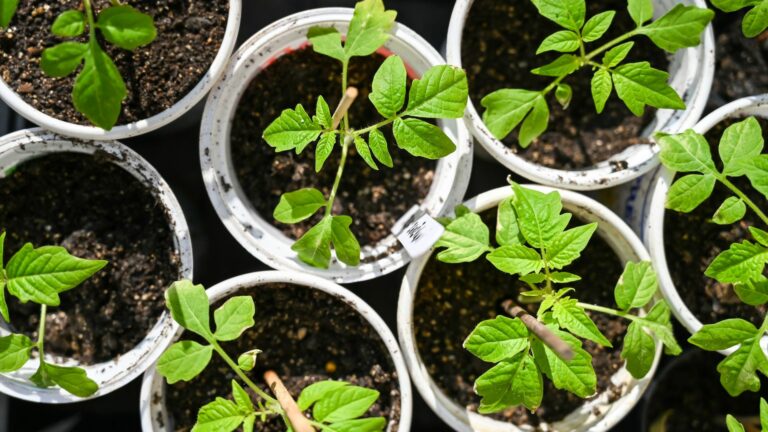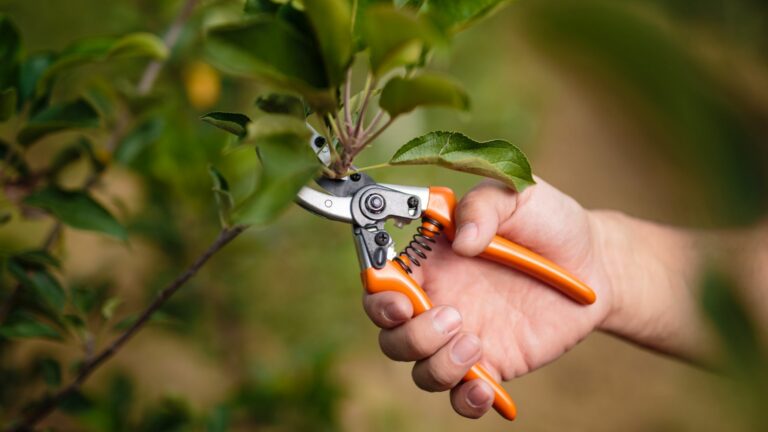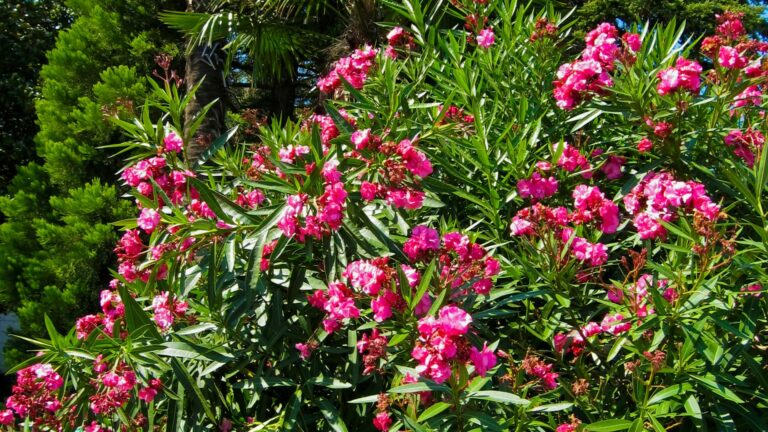20 Natural Ways to Keep Pests Out of Your Garden
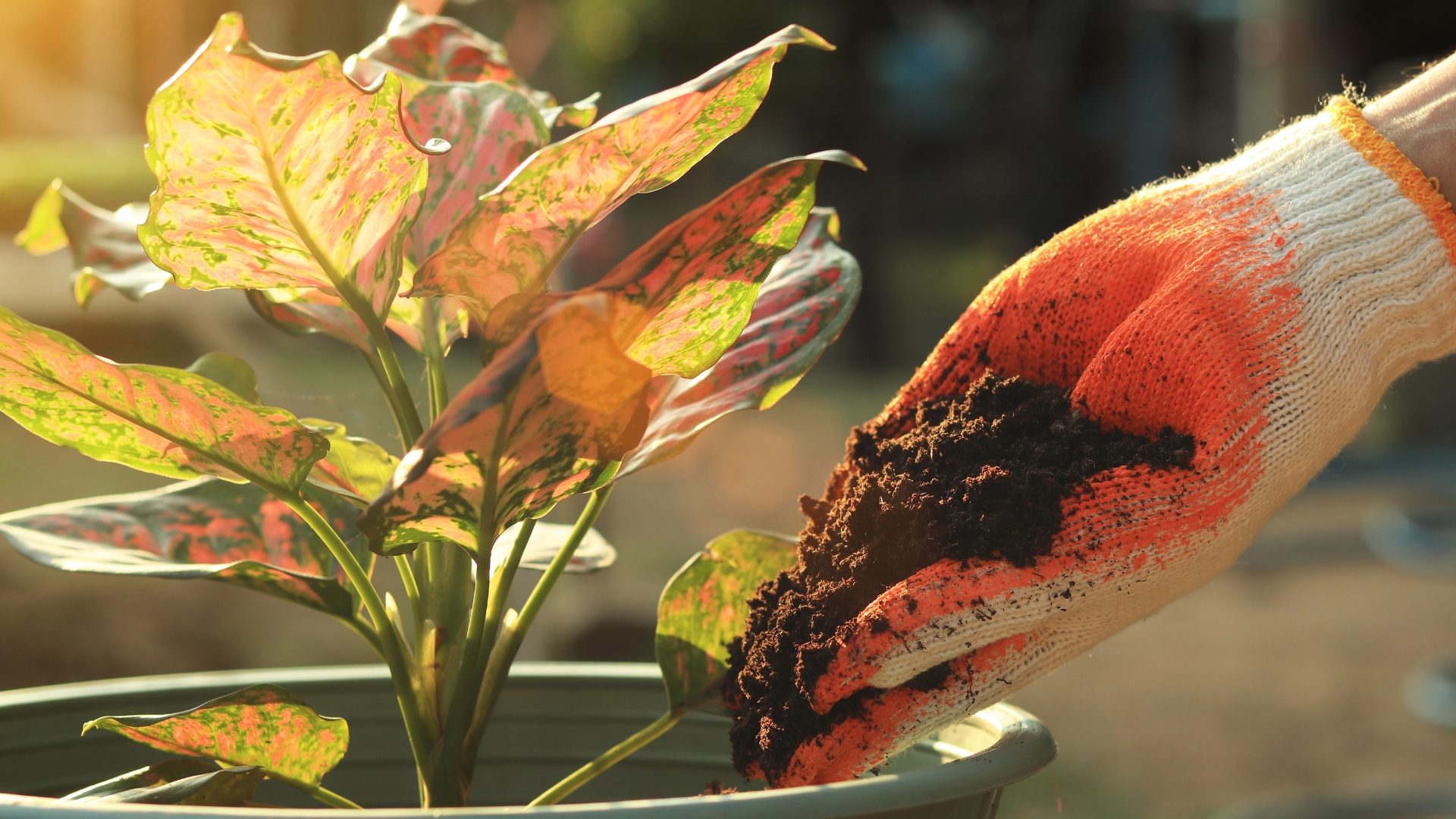
Garden pests might be tiny, but they sure know how to cause big headaches! Instead of reaching for harsh chemicals, why not let nature do the work?
From clever companion planting to simple DIY sprays, there are plenty of ways to keep unwanted visitors away. I’ve put together 20 natural tricks that help protect your plants without harming the environment. Say goodbye to pesky invaders and hello to a thriving, pest-free garden!
1. Introduce Ladybugs
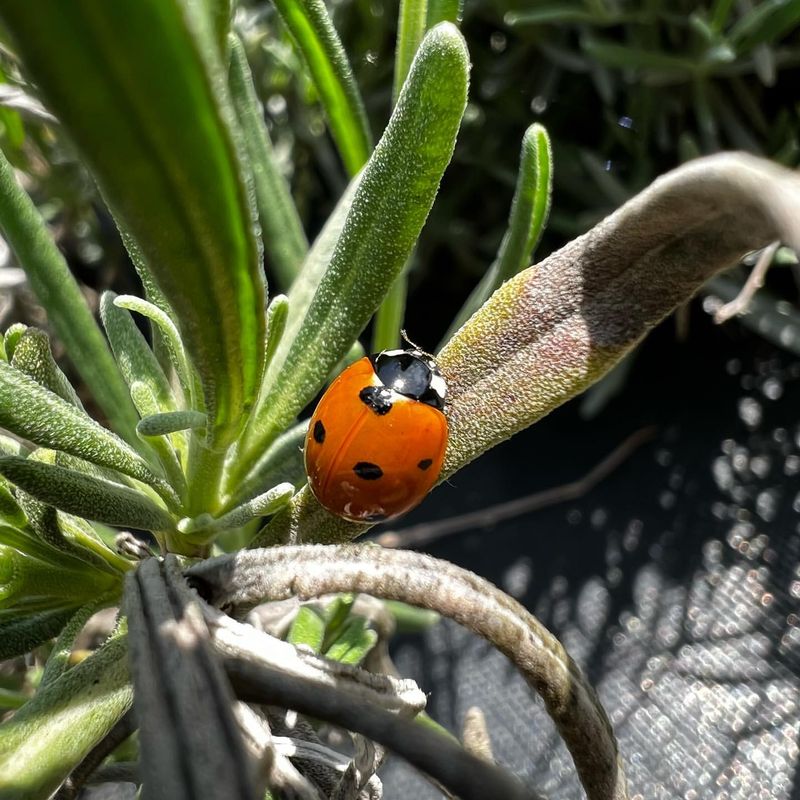
Ah, the charming ladybug, nature’s very own aphid-consuming superhero! Ladybugs make an excellent addition to any garden as they feast on aphids, mites, and other soft-bodied insects. Let these speckled friends roam freely, and they’ll reward you by keeping your plants pest-free!
Release them in your garden during the early evening, when temperatures are cooler. It’s a simple yet effective way to enhance your garden’s natural beauty while reducing unwanted pests.
2. Plant Marigolds
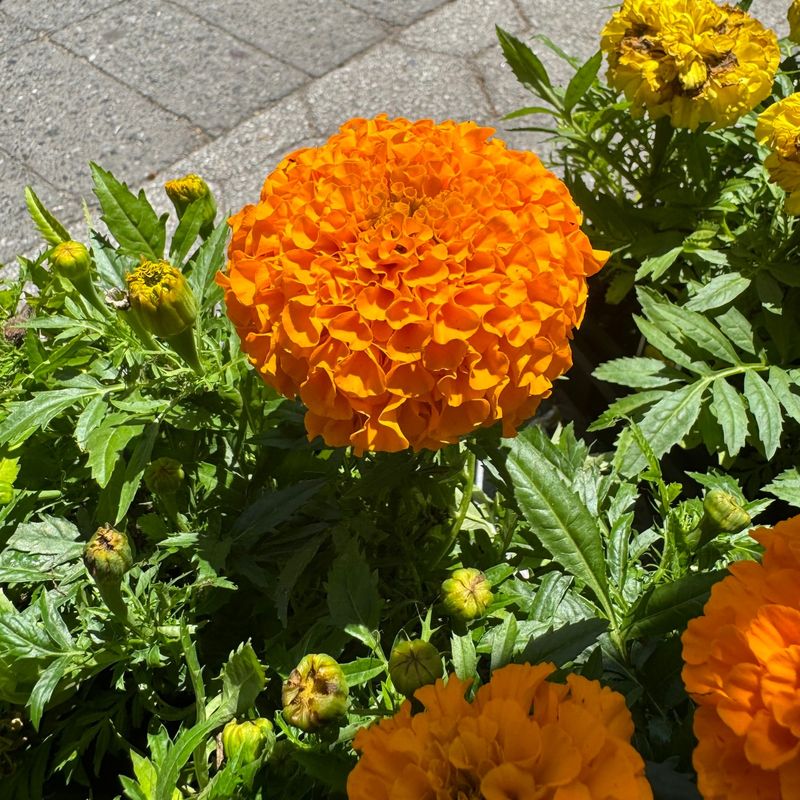
Here’s a secret weapon: marigolds! These brilliant blooms do more than just add a splash of color; they repel nematodes and other garden pests with their distinct scent.
Marigolds are like the bouncers of your garden party, keeping out the unruly guests! Plant them around the edges of your vegetable beds or mix them with other flowers. Not only do they protect, but they bring joy with their sunshine-hued petals.
3. Use Neem Oil

Introducing neem oil, the gardener’s liquid gold for pest control! This natural oil acts as a powerful insect repellent, disrupting the life cycle of pests.
Spray neem oil solutions on your plants, and watch as it works its magic! Apply during the early morning or late afternoon to avoid harming beneficial insects. It’s a friendly guardian for your garden, ensuring a pest-free environment while being kind to the Earth.
4. Create a Bird-Friendly Habitat
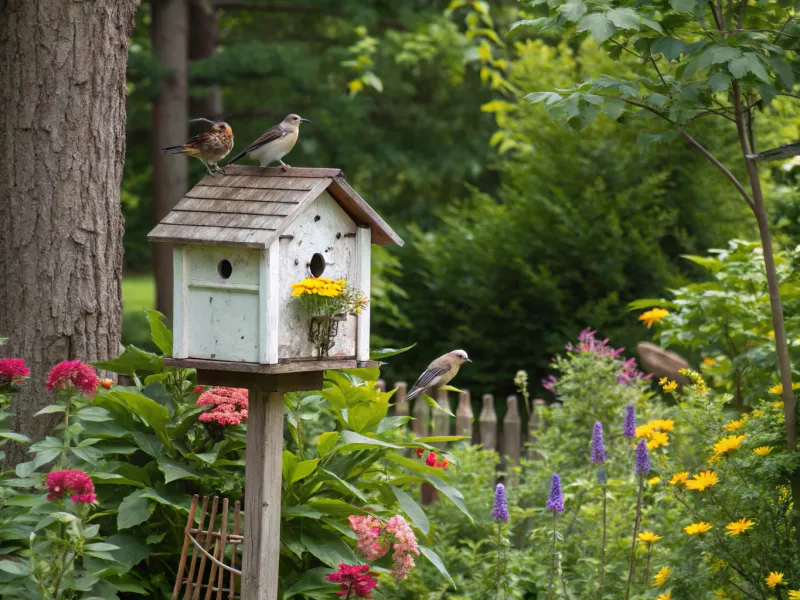
Whistle a tune and welcome our feathered friends to your garden! Birds are natural predators of many garden pests, including caterpillars and beetles. By creating a bird-friendly habitat, you invite these winged helpers to dine on the pesky critters.
Install birdhouses, feeders, and bird baths to attract a variety of bird species. This harmonious partnership not only controls pests but also adds a melodious charm to your garden.
5. Grow Garlic
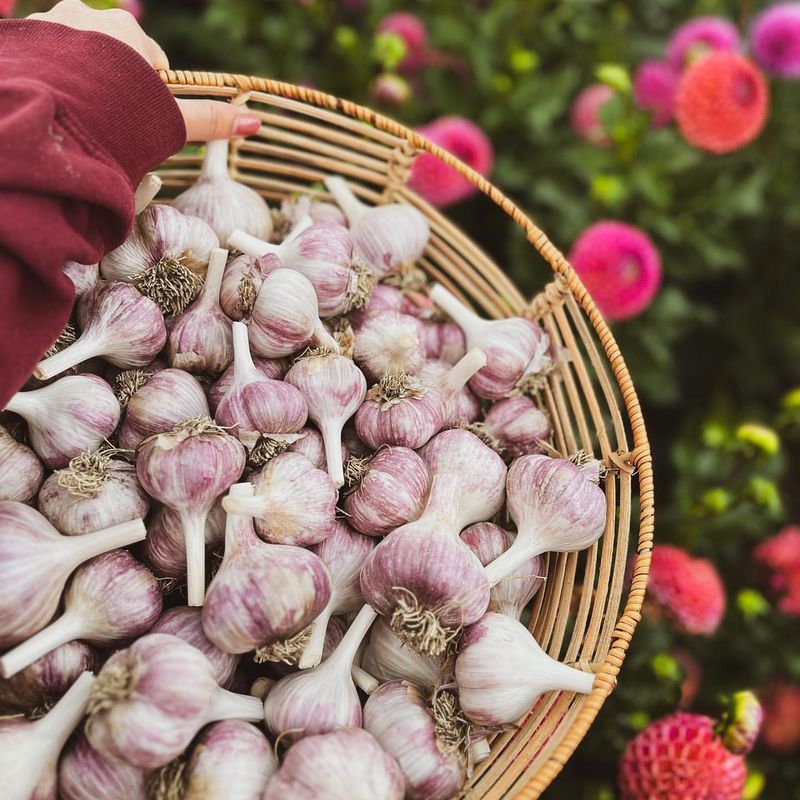
Garlic, the aromatic bulb that doubles as a natural pest deterrent! This pungent plant keeps pests like aphids and beetles at bay with its strong smell. Growing garlic in your garden is like waving a magical wand to ward off unwanted visitors.
Plant cloves in well-drained soil and let the natural scent do the work. Besides being a culinary delight, garlic is a valiant protector of your garden.
6. Incorporate Companion Planting
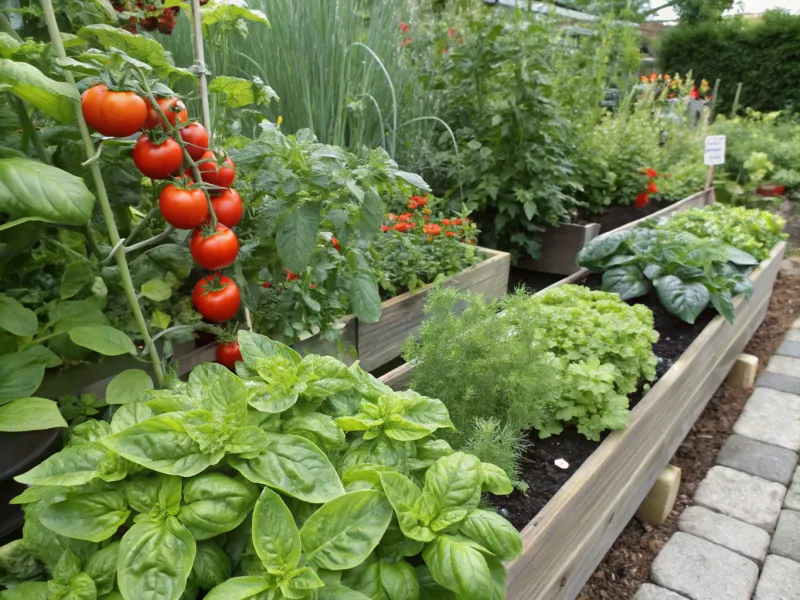
Companion planting is like matchmaking for plants, where each pair benefits the other! The strategy involves growing plants together that support each other’s growth and deter pests. Basil and tomatoes, for instance, are best friends that improve flavor while repelling insects.
Plan your garden layout with these harmonious duos in mind. It’s a delightful way to enhance the health and productivity of your garden naturally.
7. Utilize Diatomaceous Earth
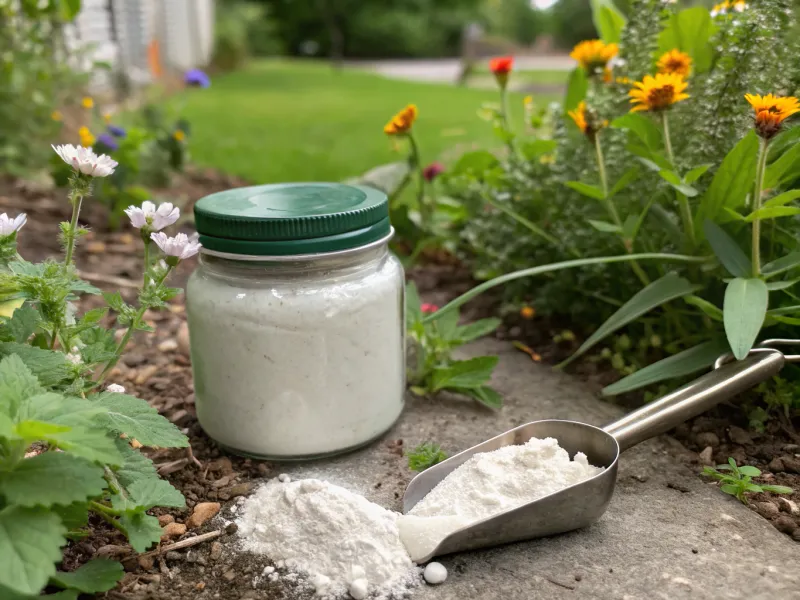
Meet diatomaceous earth, the fine powder with a mighty punch! It’s a natural pest control method that dehydrates insects like slugs and beetles.
Sprinkle it around your plants, creating a barrier that pests won’t dare cross. Apply after rain or watering for maximum effectiveness. Diatomaceous earth is a non-toxic solution that’s safe for your garden and the environment.
8. Introduce Frogs and Toads
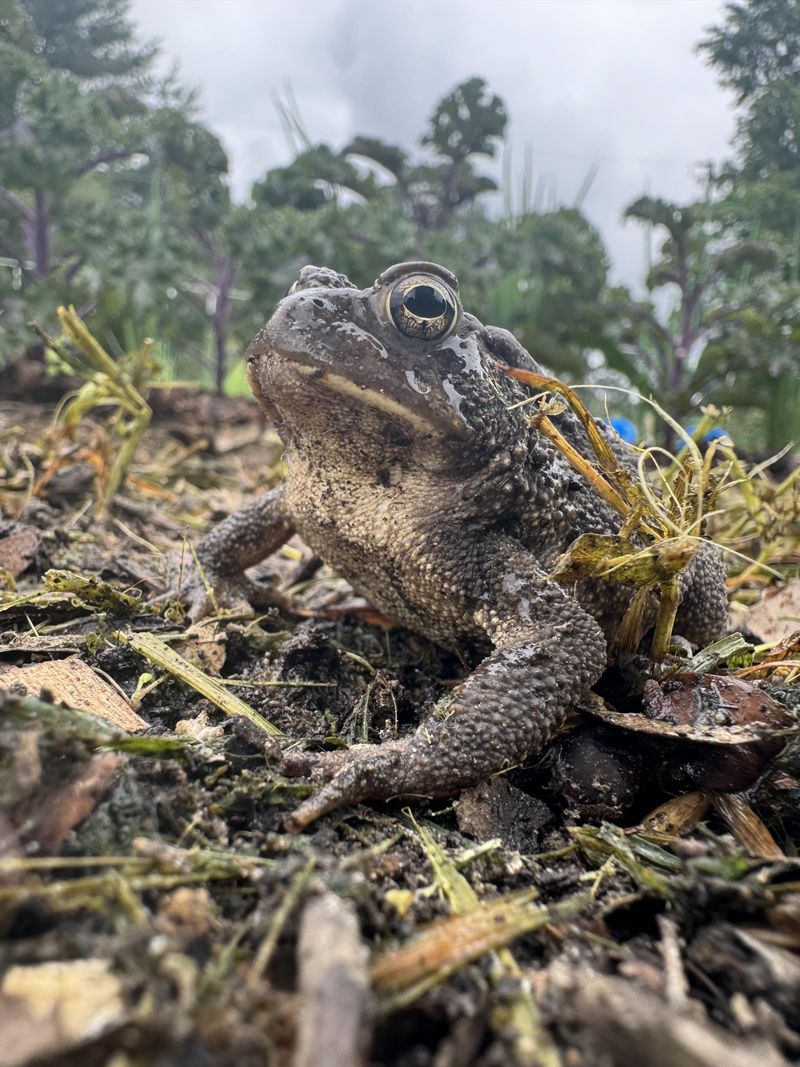
Hop into a new realm of pest control by inviting frogs and toads to your garden! These amphibians feast on a variety of pests, including slugs and beetles.
Creating a small pond or moist habitat encourages them to stay and patrol your garden. Provide a shady spot with rocks and water to make them feel at home. Frogs and toads are delightful allies in maintaining a balanced ecosystem.
9. Apply Coffee Grounds
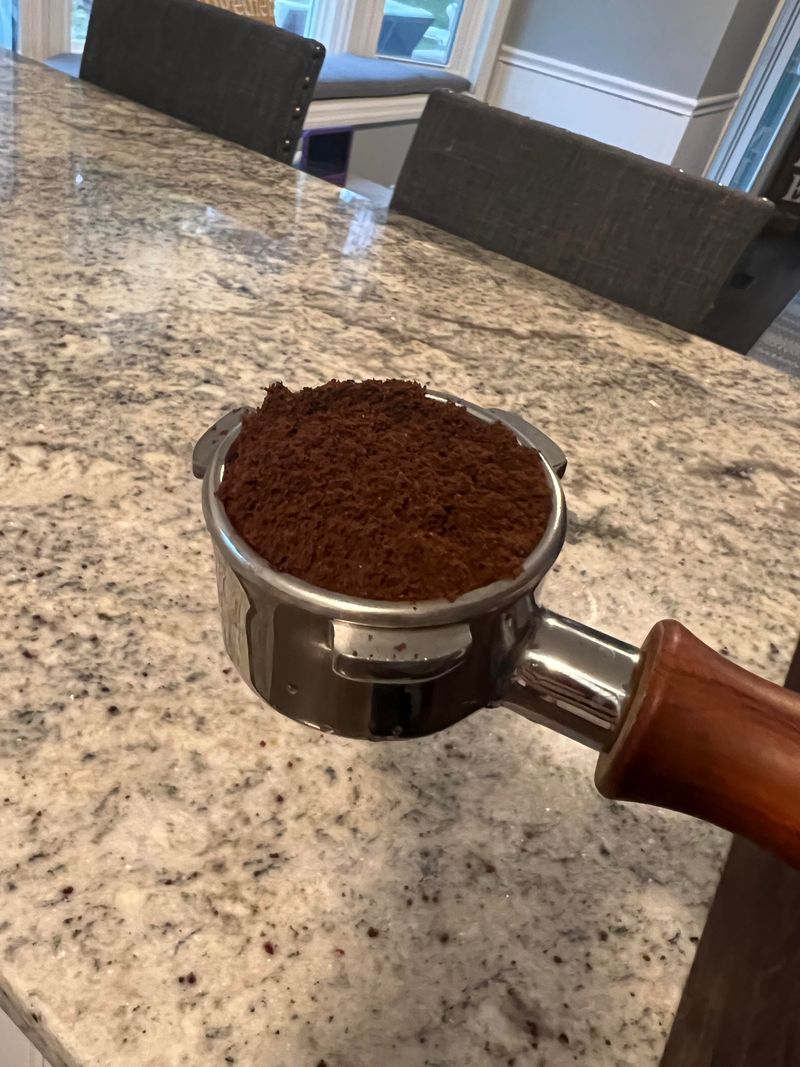
Coffee lovers rejoice, as your morning brew can help protect your garden! Used coffee grounds are a natural deterrent for slugs and ants, providing an eco-friendly solution to pest control.
Sprinkle them around the base of your plants to keep pests at bay. Besides repelling unwanted visitors, coffee grounds enrich the soil with nutrients. It’s a win-win for any gardening enthusiast looking for a natural solution.
10. Encourage Beneficial Insects
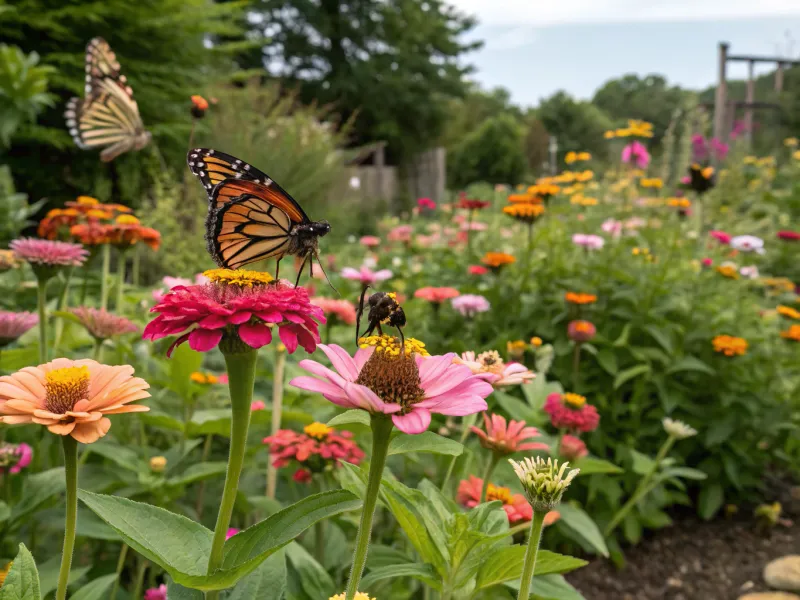
Roll out the red carpet for beneficial insects, the unsung heroes of the garden! These helpful critters, like bees and butterflies, are natural predators to many pests.
Plant a variety of flowers to attract and support these valuable allies. Maintain a diverse habitat to encourage their presence year-round. It’s a joyful way to foster a thriving ecosystem and keep pests in check with nature’s help.
11. Use Cinnamon

Spice up your garden defense with cinnamon, the aromatic powder that pests detest! Cinnamon acts as a natural fungicide and insect repellent, deterring ants and other insects.
Sprinkle it around the base of plants to create a fragrant barrier. This sweet-smelling solution adds a touch of spice while keeping your garden pest-free. It’s a delightful way to protect your plants with a pantry staple.
12. Set Up Physical Barriers
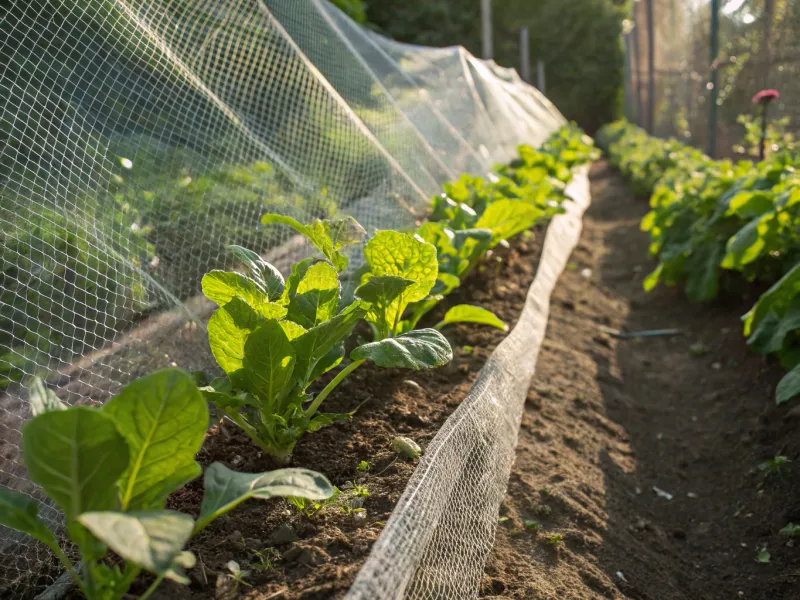
Shield your garden with physical barriers like nets and row covers! These protect your plants from larger pests like birds and rabbits, while allowing sunlight and rain to nourish them.
Install lightweight mesh over vulnerable crops for peace of mind. Ensure the fabric is breathable for healthy plant growth. This method provides a physical shield against unwelcome guests, safeguarding your precious produce.
13. Cultivate Lavender
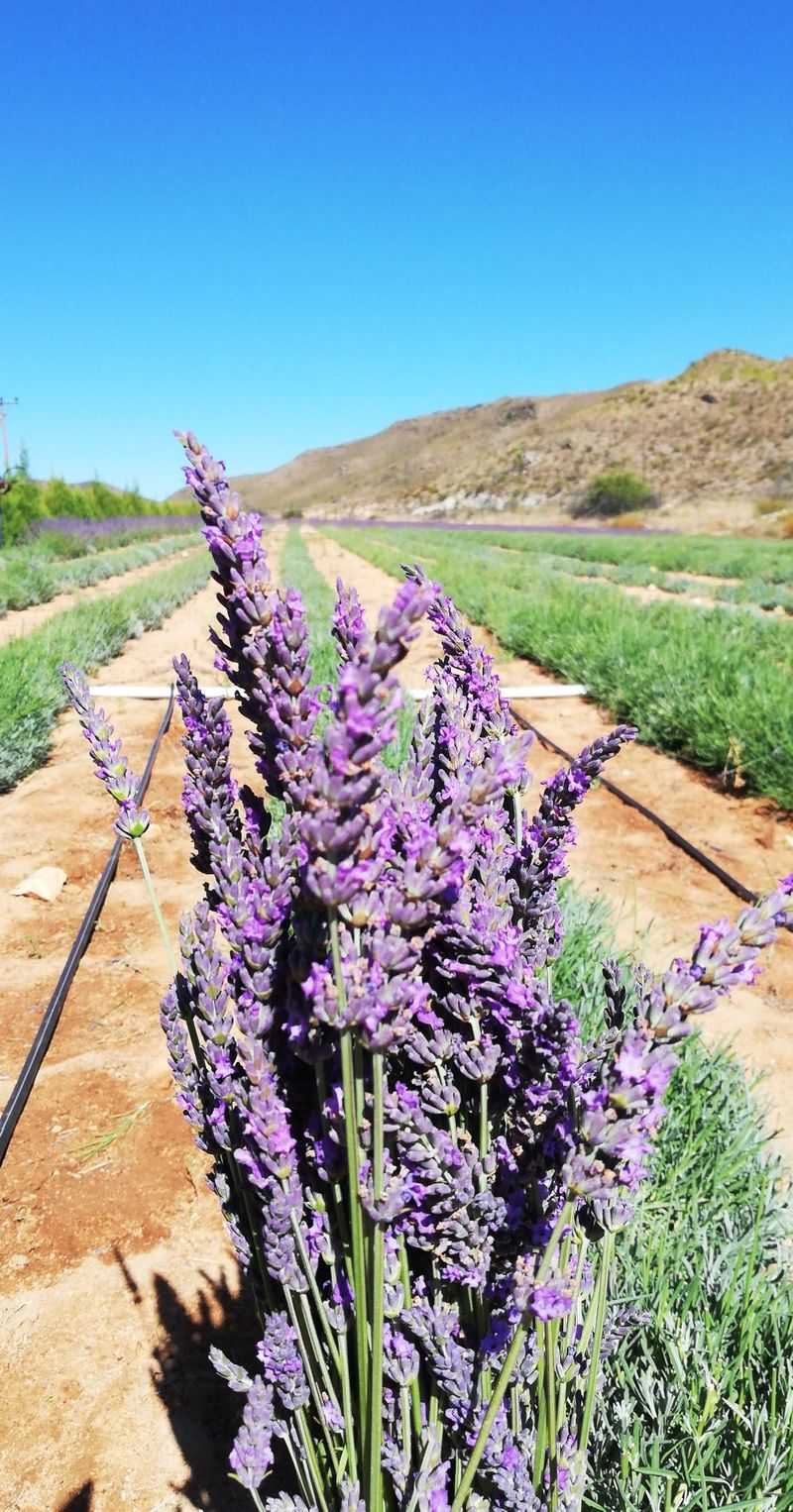
Lavender, the fragrant beauty that doubles as a pest deterrent! Its soothing scent repels mosquitoes, moths, and other insects, making it a perfect garden companion.
Plant lavender near your garden’s entry points to ward off pests with its aromatic charm. Enjoy the calming fragrance while providing a natural shield for your garden. Lavender adds a touch of elegance and protection to any outdoor space.
14. Use Soap Sprays
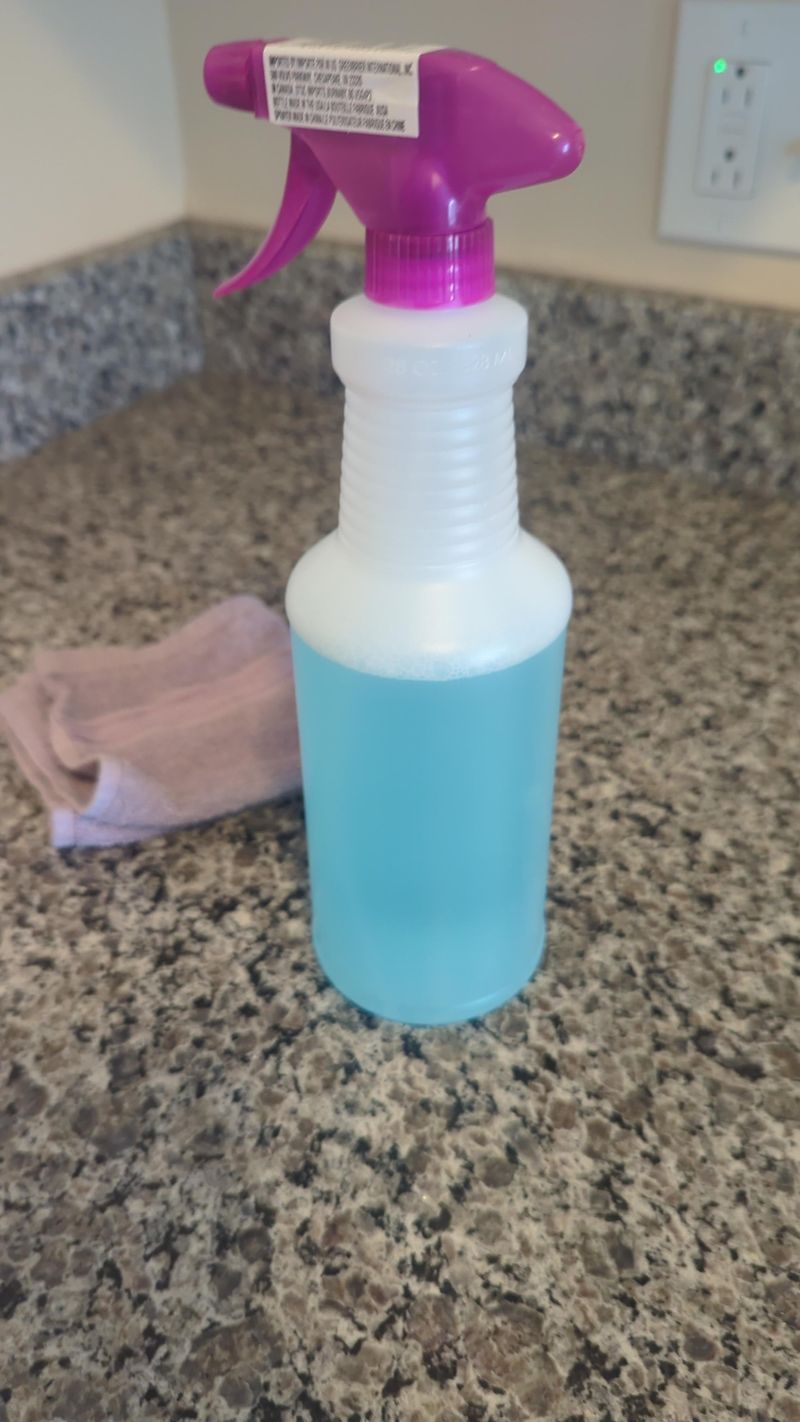
Harness the cleaning power of soap to wash away garden pests! Soap sprays are an effective way to eliminate soft-bodied insects like aphids and spider mites.
Mix a mild liquid soap with water and spray directly on affected plants. Ensure thorough coverage for maximum effect. This gentle solution is safe for plants and the environment, making it a smart choice for natural pest control.
15. Install Bat Houses
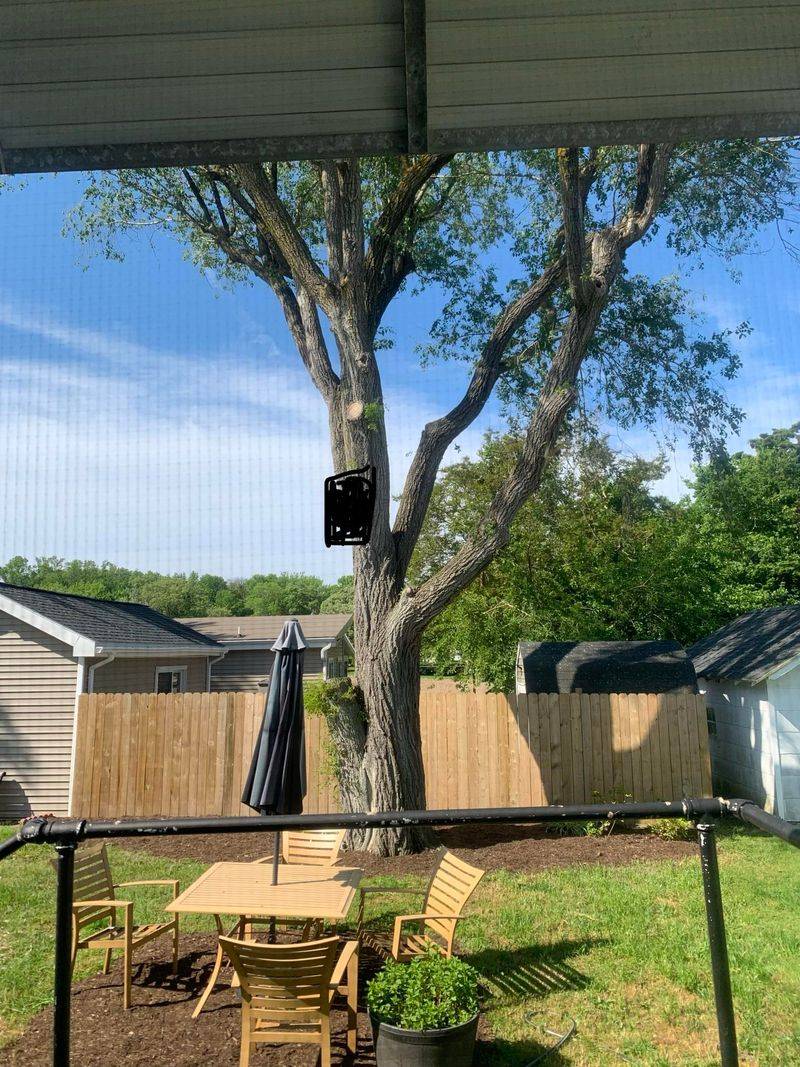
Invite the night’s guardians by installing bat houses in your garden! Bats devour mosquitoes and other nocturnal pests, providing natural pest control.
Place bat houses on tall poles or trees to attract these winged wonders. Ensure they receive adequate sunlight for warmth. Bats not only reduce pests but also add a mystical touch to your garden’s ecosystem.
16. Grow Mint
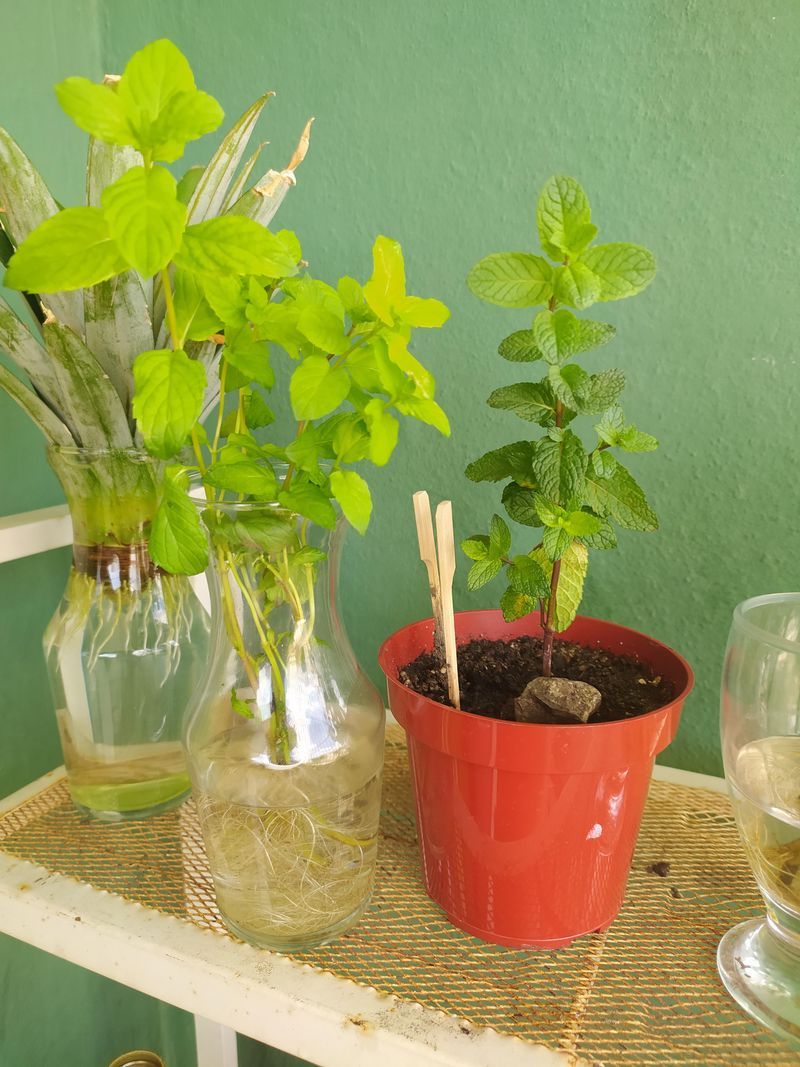
Mint, the aromatic herb with a hidden talent for pest control! Its strong scent deters ants, flies, and other unwanted visitors, making it an ideal garden ally.
Plant mint in pots to prevent it from spreading wildly, and place them around your garden. Enjoy refreshing mint tea while it works its magic. Mint adds a burst of freshness and protection to your garden sanctuary.
17. Utilize Eggshells
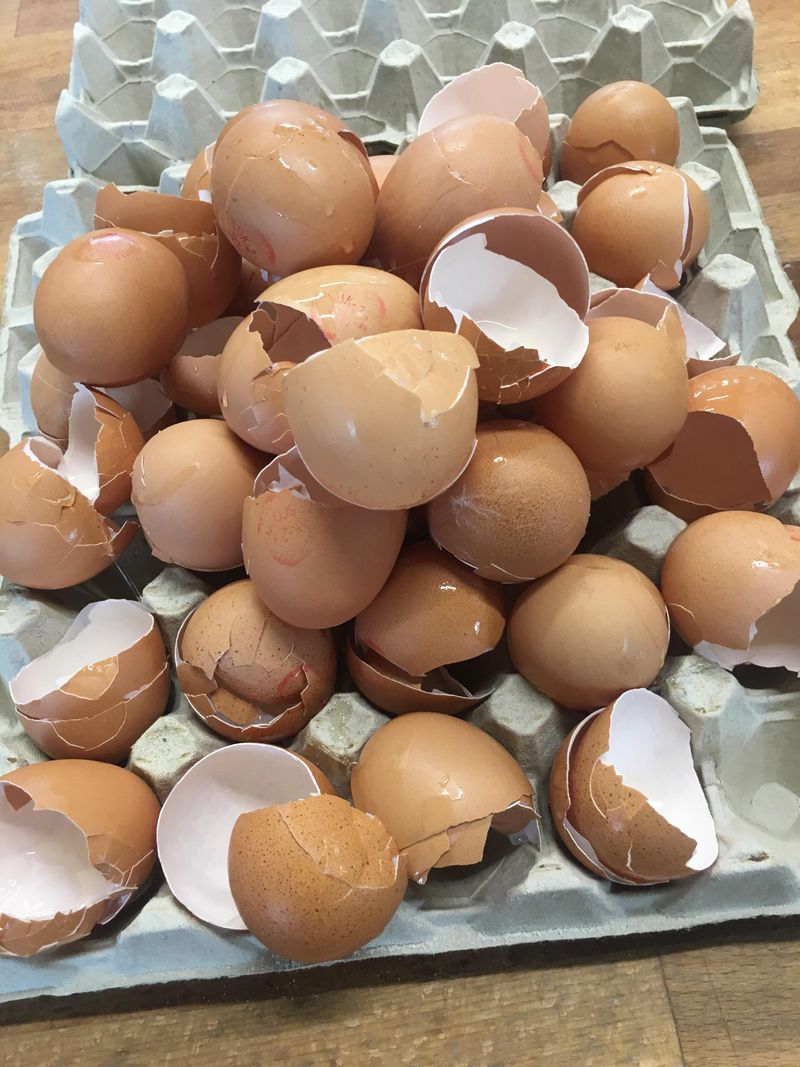
Eggshells, the crunchy barrier that pests can’t stand! Crushed eggshells deter slugs and snails, creating an uncomfortable terrain for them to navigate.
Scatter them around the base of plants as a natural deterrent. Besides pest control, eggshells enrich the soil with calcium.
This simple yet effective method recycles kitchen waste while protecting your garden from slimy invaders.
18. Encourage Hedgehogs

Hedgehogs, the adorable allies in your quest for a pest-free garden! These nocturnal creatures feast on slugs, caterpillars, and beetles, keeping your garden balanced. Create a welcoming environment with hedgehog-friendly shelters and food sources.
Avoid using chemicals that could harm these helpful critters. Hedgehogs add a whimsical touch while naturally controlling pests in your garden.
19. Use Beer Traps
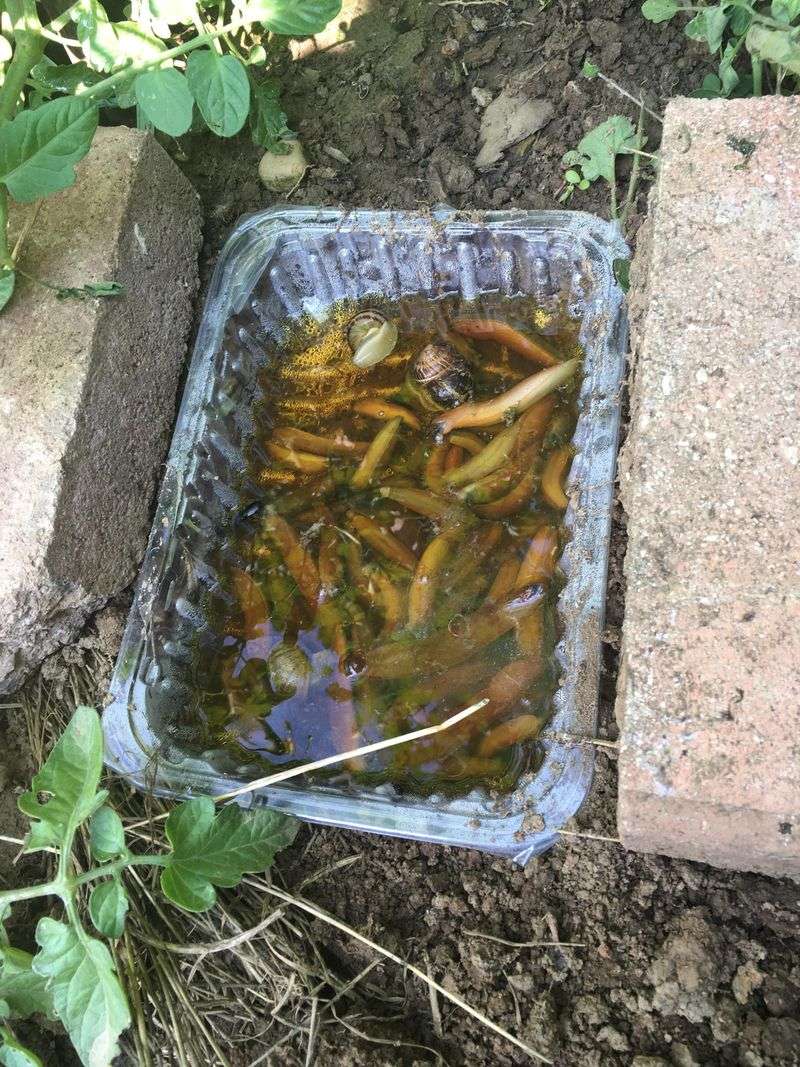
Beer isn’t just for barbecues; it’s a cunning trap for slugs and snails! Fill shallow dishes with beer and place them around your garden to lure these pests.
The scent attracts them, and they meet their demise in the liquid. It’s an amusing and effective method to protect your plants. Beer traps offer a unique way to enjoy your garden while combating unwanted intruders.
20. Plant Chives
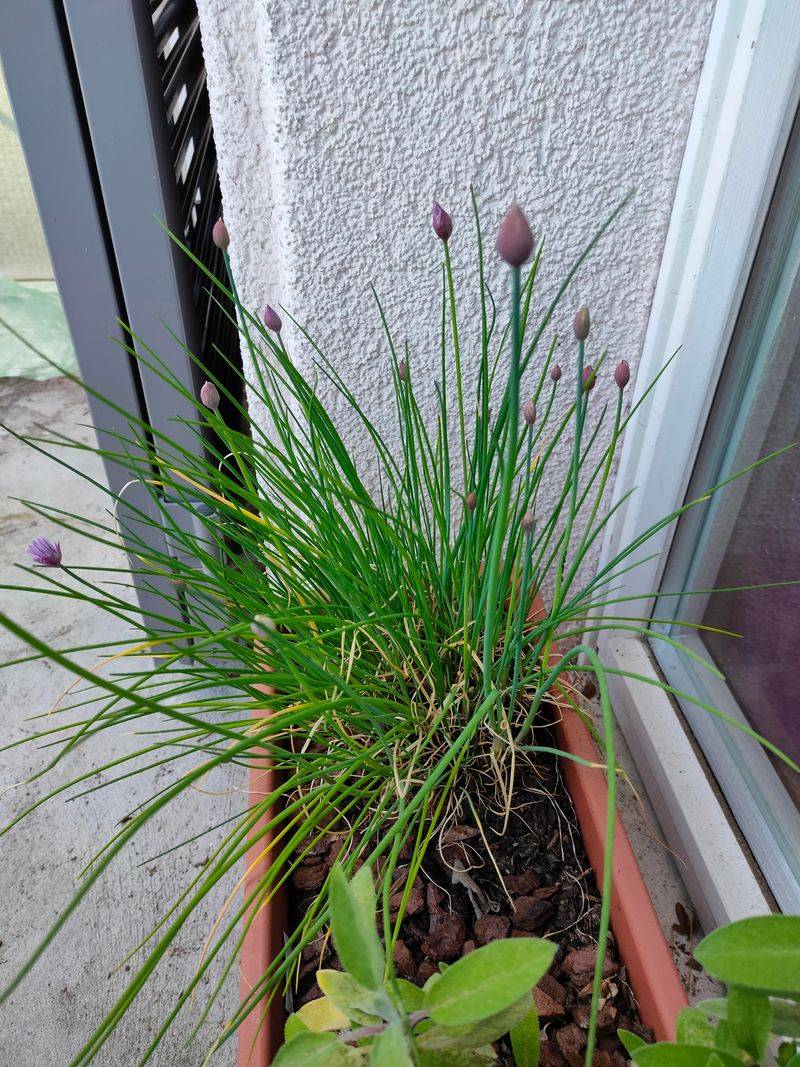
Whisper sweet nothings to your garden with chives, the pest-repelling herb that’s as tasty as it is useful! Chives deter aphids and Japanese beetles, providing a natural shield for your plants.
Grow them in sunny spots around your garden to keep pests at bay. Besides their protective qualities, chives add a flavorful touch to your culinary creations. It’s a delightful way to enhance your garden’s health and flavor.

